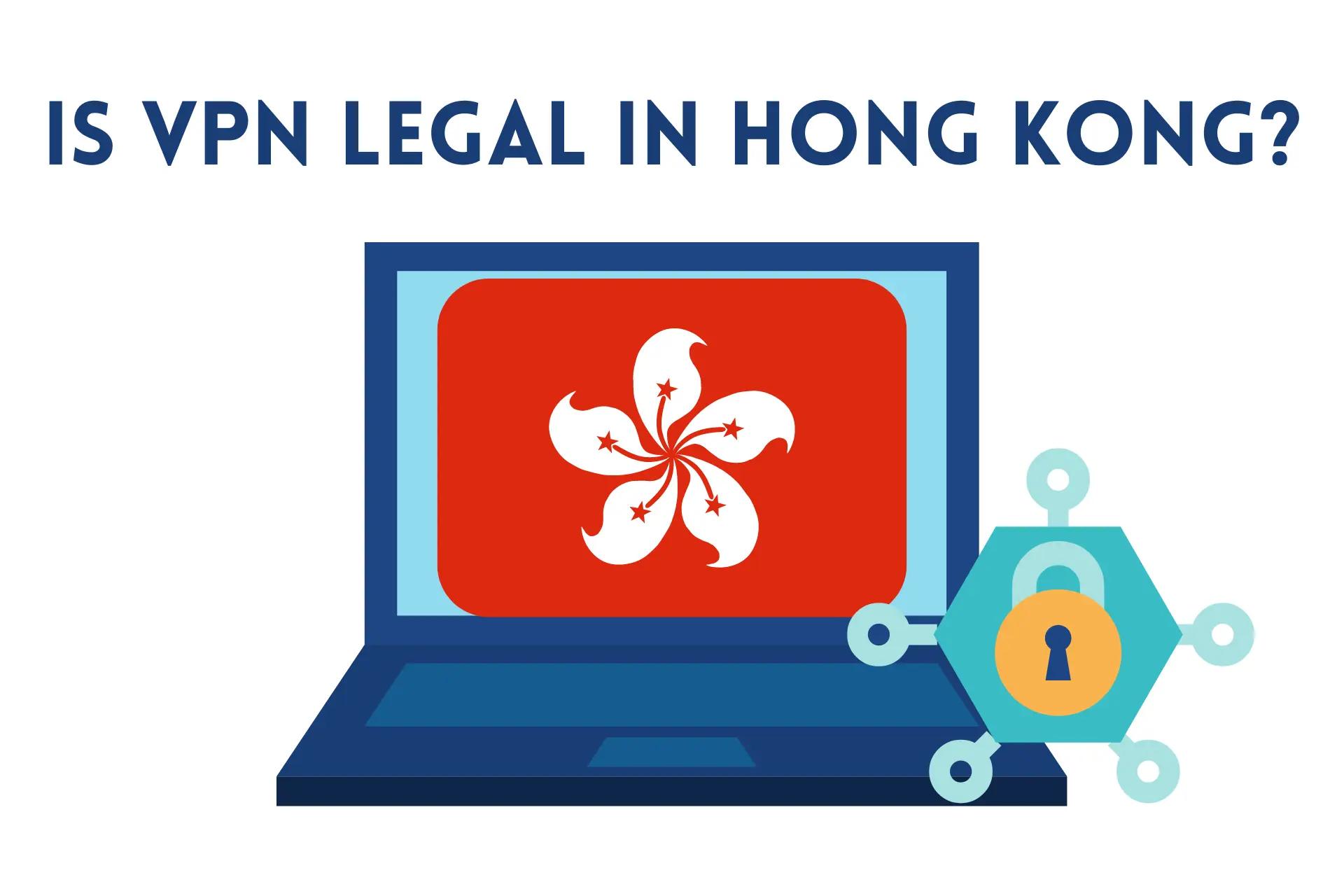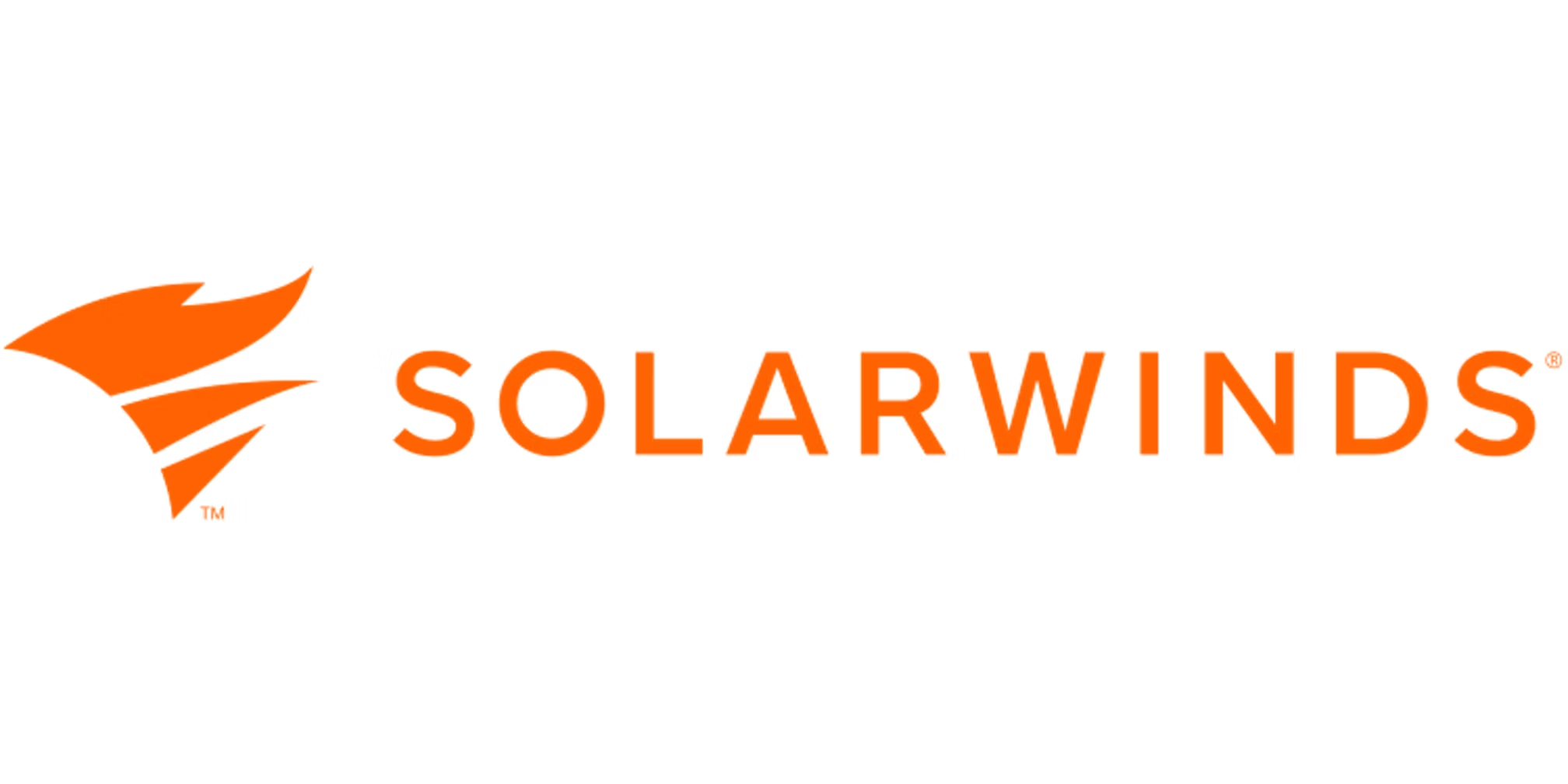Is VPN Legal in Hong Kong? [All You Need To Know]

VPNs are a crucial privacy tool used worldwide. They played a vital part during the 2019 protests in Hong Kong. But what about now — is VPN technology still allowed?
After all, the region has distinct national security legislation that managed to scare off some providers.
In this article, we’ll take a deep dive into VPN legality and the best services to use in Hong Kong. Ready?
Is VPN legal in Hong Kong?
Yes, it’s legal to use a VPN in Hong Kong. Thanks to its semi-autonomous status, it has more open internet than mainland China.
This means that online services banned in mainland China (e.g. Facebook, Twitter, WhatsApp, and various VPN providers) are all legal in Hong Kong.
However, we must emphasize that using a VPN to engage in illegal activities is unlawful.
Furthermore, VPNs were widely used during the 2019 pro-democracy protests in Hong Kong. Protesters relied on them to communicate and share information without fear of government surveillance.
Still, the new National Security Law in 2020 has complicated matters and endangered the privacy of Hong Kong citizens. Many VPN providers have shut down their servers in response.
We’ll explain why in a bit.
Is the internet in Hong Kong monitored?
As it stands, Hong Kong’s internet isn’t as heavily censored as in mainland China. It’s still monitored by the government, though.
Under the 2020 NSL, authorities can monitor individuals and secretly intercept communications to prevent threats to national security.
Law enforcement agencies can also obtain user data without a warrant. Google, Facebook, Twitter, WhatsApp, and LinkedIn briefly suspended processing requests for user data while assessing the law changes.
Furthermore, since the NSL’s imposition, there’s been a growing list of blocked websites. Hong Kong Watch, HK Charter, and HKChronicles all went down.
Can I get in legal trouble for using a VPN in Hong Kong?
No, using a VPN is completely legal in Hong Kong. However, connecting to one to engage in hacking or other cyber crimes could lead to prosecution.
Additionally, the National Security Law grants authorities greater powers to monitor online activities and enforce punishments for certain offenses.
ISPs are obligated to remove content that encourages succession, subversion, and terrorism.
While using a VPN isn’t unlawful, if an individual employs it to subvert the NSL, they could face legal consequences. Given the fluid political situation, we suggest you watch out for any legislative changes that might impact you.
Which VPNs work in Hong Kong?
With the 2020 NSL implementation, several providers have shut down their operations over user privacy concerns.
IPVanish decommissioned its servers in 2020 and redeployed them in 2022. PIA responded similarly because the new NSL “allows law enforcement to seize servers located in Hong Kong without a warrant.”
Still, some VPN services have decided to continue operating in the region.
For example, Surfshark has declared it won’t shut down its servers. They don’t contain any sensitive user information and are thus safe.
Similarly, NordVPN and ExpressVPN decided to stay and keep an eye on the situation.
If you want to secure your privacy, the following VPN providers work reliably in Hong Kong:
- NordVPN — offers +5,600 servers worldwide, including 70+ in HK
- ExpressVPN — uses TrustedServer technology in 94 countries
- Surfshark — has a network of over 3,200 RAM-only servers in 100 countries
- CyberGhost — includes 50 servers in Hong Kong and doesn’t record your data
- ProtonVPN — protects its users’ data with a no-logs policy and Swiss privacy laws.
Summary
So, is VPN legal in Hong Kong?
Yep, you can freely use VPNs in Hong Kong. Still, the fact that authorities can seize user data without a warrant is worrying.
The safest option is to subscribe to a service with a no-logs policy and RAM-only servers. On top of that, it’s a good idea to keep yourself informed on any legal developments regarding data privacy.
Good luck and stay safe!
Read our disclosure page to find out how can you help VPNCentral sustain the editorial team Read more






User forum
0 messages